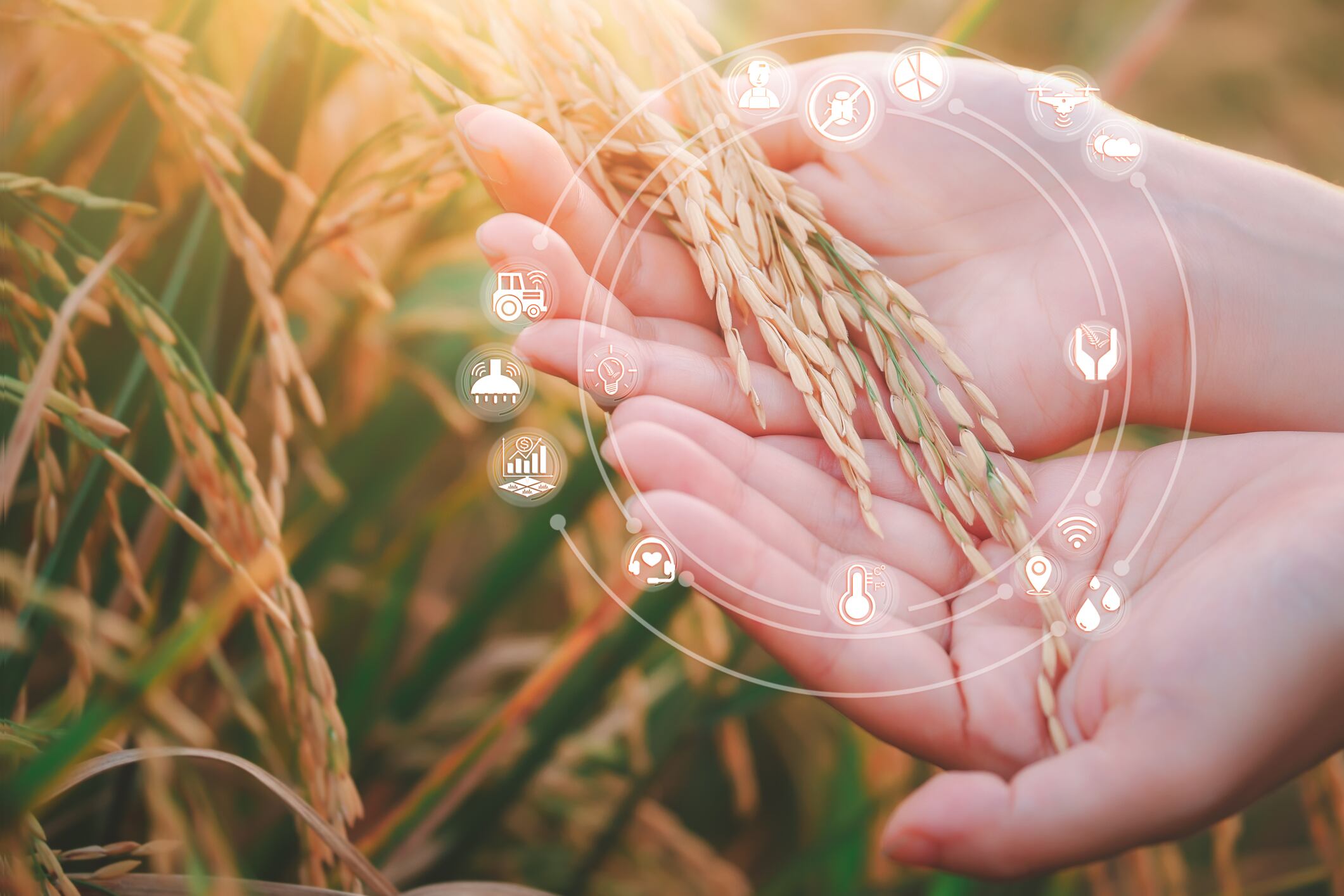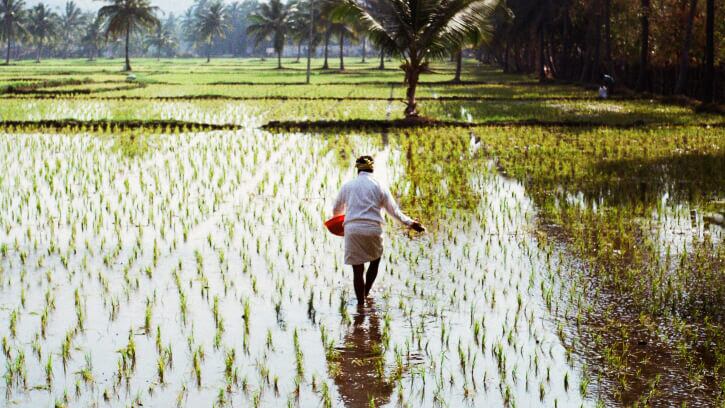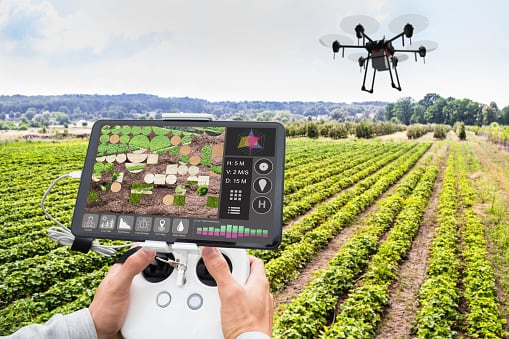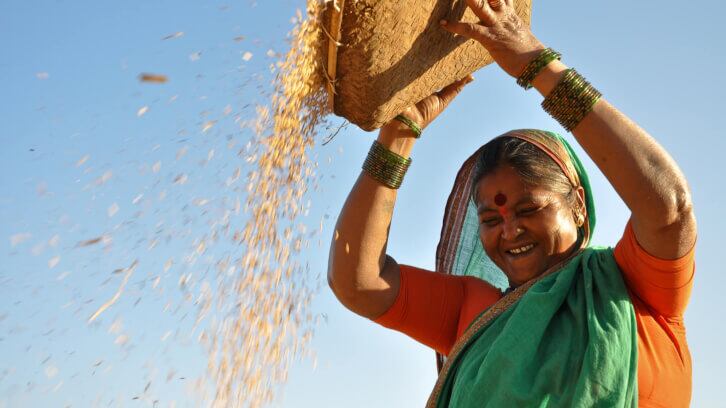Traditional disease detection methods, which depend on agricultural experts, have shown limitations; this has thus led to a shift towards the application of ML and computer vision techniques for crop inspection using mobile devices.
Mobile monitoring
Mobile phones can easily connect individuals and provide vital information and services, with mobile apps often providing solutions to a wide variety of solutions across all sectors. A mobile application designed to monitor crop diseases in sub-Saharan Africa, for instance, can significantly benefit farmers in the region by providing them with timely information, early detection and appropriate solutions to mitigate disease-related crop losses.
Such an app can integrate features like real-time disease monitoring, early disease detection, disease identification and information, pest and disease alerts, access to agricultural experts, weather integration, customised solutions and recommendations, and data-driven insights. This could, in turn, lead to increased crop yield and income, reduced use of pesticides, improved knowledge and empowerment, access to modern technologies and community support and collaboration.
One of the key advantages of a mobile diagnostic tool with real-time feedback is its ability to provide instant advice to farmers, eliminating the need to wait for expert visits. With farmers gaining access to instant information and recommendations on their crops, there can be significant improvements in farming practices and reductions in yield losses.
Real-time research
In a first-of-its-kind study, researchers from Uganda’s Busitema University, along with researchers in the Netherlands, the US and Canada, sought to develop a mobile app that enabled early detection and diagnosis of crop diseases and pest manifestations in the field. By leveraging ML techniques, particularly natural language processing (NLP) and computer vision, they aimed to analyse crop images, diagnose diseases and assess their severity in real time.
They built an innovative mobile field-based recommendation system using a RetBERT sentence embedding approach, measuring text similarity for early warning interventions, then engaged 100 smallholder rural sub-Saharan African farmers in a cutting-edge system that diagnosed cassava diseases and provided crucial advisory recommendations with real-time information.
They then observed that the tool’s flexibility allowed farmers to move with their mobile phones anywhere and still access the mobile app. As most farmers live in remote areas where internet connectivity is limited, the app had both online and offline on-device options — and similar performance was observed between the two models.
In the published study, they concluded that the RetBERT model was sufficient for the field-based trial model and noted: “The key motivation for our approach is that it can work in low-resource environments or on low-computational power systems, but most importantly, it can perform recommendations, thus substituting the physical presence of experts. More study in this field will demand a higher amount of data given the current data hungry top-performing model.”
The study’s success holds the potential to alleviate the food security problem faced by smallholder farmers in sub-Saharan Africa. By empowering farmers with an intelligent tool that acts as a substitute for expert knowledge, the system promises to enhance livelihoods and drive agricultural development in the region.
In future, there should be validation of the diagnostic model with other groups of farmers and experts to enhance the system's diversity and precision. Additionally, the combination of various datasets — including text, visuals and audio — should be explored to further augment the system’s recommendation capabilities. As the system evolves and expands its dataset, it holds the promise of revolutionising farming practices and contributing to the ultimate goal of achieving food security in the region.
Source: National Center for Biotechnology Information
“A field-based recommender system for crop disease detection using machine learning”
https://doi.org/10.3389/frai.2023.1010804
Authors: Jonathan Omara, et al.




